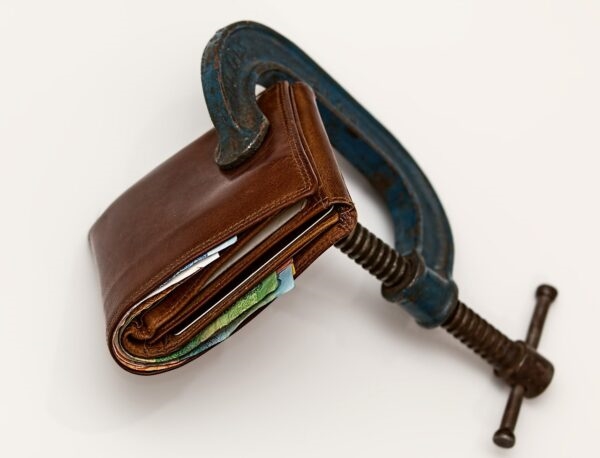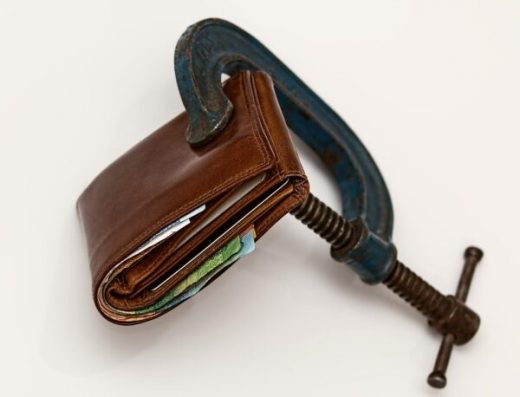8 Tips for Staying Financially Healthy During a Crisis

stevepb / Pixabay
Over 17 million Americans have filed for unemployment in the past 4 weeks due to COVID-19 layoffs, and because of it, people are facing difficult financial decisions right now that can make or break their financial health. I sat down with personal finance expert Matt Frankel, CFP, with The Ascent, a personal finance company by The Motley Fool, to provide financial guidance for Thrive Global readers during these unprecedented times.
- What should people do if they lose their job due to the new coronavirus?
“File for unemployment immediately. The CARES Act provided for enhanced unemployment benefits, including for furloughed workers and self-employed individuals, but many states are being flooded with claims, so the earlier you apply, the better.”
- What if people can’t afford to pay their bills, rent, or mortgage right now? What can or should they do?
“Call your lenders. Most mortgage borrowers can get a forbearance (suspended payments) for as long as 12 months. Most auto lenders, landlords, credit card issuers, and other lenders are more than willing to work with you. But you have to call — help won’t be automatic.”
- What if people can’t make their credit card payment this month or in the coming months?
“Call your creditors. Some are allowing borrowers to automatically suspend their payments penalty-free on their websites, so that’s a good place to start. If not, call the number on the back of your card — virtually all major credit card companies are doing a great job of working with people who are experiencing cash flow problems.”
- Are any banks providing people with any sort of financial relief right now? What are peoples’ options?
“Many banks are providing loan forbearance options right now. And small business owners who have lost income can access government loans (some of which can be forgiven) through the Payroll Protection Program, or PPP, which was part of the recent stimulus package.”
- What should people do with their 401K account(s) if they lose their job?
Nothing for now. You can take a hardship withdrawal from your 401(k) as a last resort if you need the money, but if you don’t, leave your investments alone. One of the biggest mistakes people make in times like this is cashing out their account or moving the entire account into money market funds.
- With the country in disarray right now, it’s important for people to look out for scammers. Can you provide some tips on how to spot a coronavirus relief scam?
Know what to look for. The Social Security Administration, IRS, and other government agencies are not calling people to discuss or threaten to withhold their stimulus payments, so any such call is fraudulent. If you aren’t sure if a call you get is a scam or legit, hang up and call the listed phone number for whatever agency they claim to be from. If it’s legit, you’ll know.
- Many Americans will soon be receiving (if not already) their coronavirus stimulus checks. The purpose of these stimulus payments is to put money in people’s pockets for them to spend immediately. Why type of financial guidance would you give people on how they should spend that money?
Obviously, your current needs come first. If you’ve lost income, your stimulus check gives you a bit of cushion when it comes to paying bills. If you don’t need the money for current expenses, my best suggestions (in order) are paying off high-interest debt like credit cards, starting or adding to an emergency fund, and investing for the future.
- For those that haven’t lost their jobs, how can they protect their finances from the coronavirus outbreak?
Make sure your near-term spending needs are met, meaning that you have enough money in savings or checking accounts (as opposed to the stock market) to cover your spending for the next month or two.
Thank you to Mr. Frankel for sharing his expertise during this time when there are so many outstanding questions and when stress can make things feel confusing and overwhelming.
Business & Finance Articles on Business 2 Community
(12)


